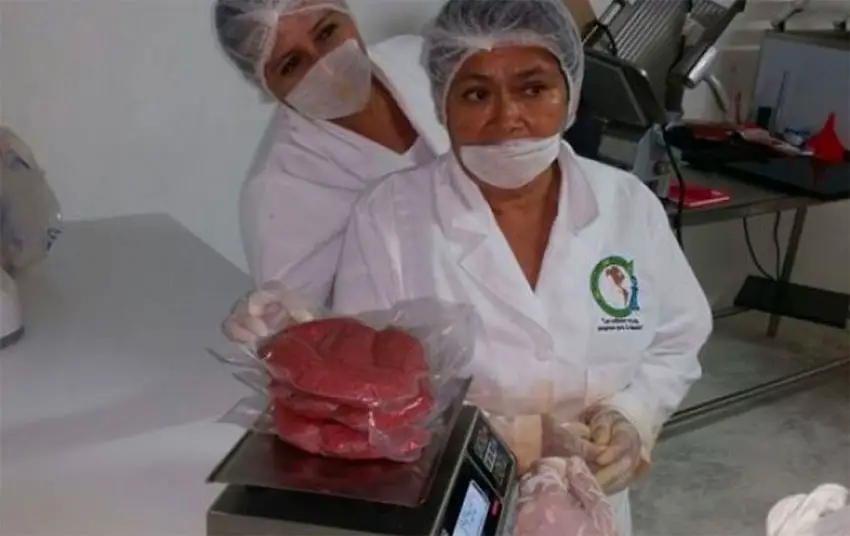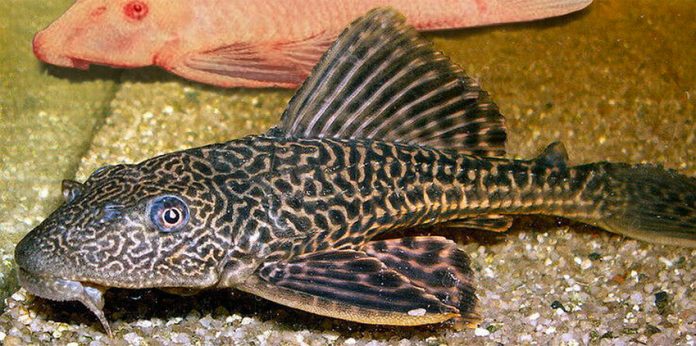An invasion of catfish in Mexico’s rivers poses a threat to aquatic ecosystems and their consumption can be harmful to human health, a federal biodiversity agency warns.
The National Commission for the Knowledge and Use of Biodiversity (Conabio) warned that the invasive species, whose scientific name is Hypostomus Plecostomus, is reproducing so quickly that there is a risk it will encroach on protected waterways in the Lacandon Jungle.
It already inhabits rivers in northern, central and southern states.
Catfish threaten to reduce the number of or even exterminate native and introduced fish that are economically important to fishermen, according to Conabio.
They prey on the young of other fish and aquatic creatures, and contribute to the erosion of river banks, the commission said.

Ana Isabel González, a deputy director at Conabio, said that “Mexico is completely invaded by catfish.” It is thought that the fish was introduced to Mexico’s waterways by people who purchased them for their home aquariums but later decided they didn’t want them.
Catfish first appeared in Mexico in the Infiernillo (Little Hell) dam on the border of Michoacán and Guerrero and were consequently dubbed pez diablo (devil fish), she said.
González described catfish as “aquatic cockroaches” because of their ability to thrive even in polluted waterways. She explained that their behavior in Mexico is different from that in their natural habitat, the Amazon River basin.
Whereas catfish in the Amazon only reproduce twice a year, they breed in Mexico year-round, González said.
The species breeds in water with direct sunlight, she said, which is limited in the Amazon as a result of the thick jungle canopy. Direct sunlight is more prevalent in Mexico, which has allowed catfish to quickly reach plague proportions.
The Conabio expert said that catfish have a kind of bony armor that causes the species to accumulate heavy metals in rivers that are polluted with agrochemicals, pesticides and other contaminants.
As people in some parts of the country are eating catfish – its meat has even been used to make chorizo-like sausages at a factory in Campeche – the heavy metals they carry can be dangerous to human health, González said.
She explained that some catfish also have diseases that can cause illness or even death among people who eat them.
Source: La Razón (sp)
